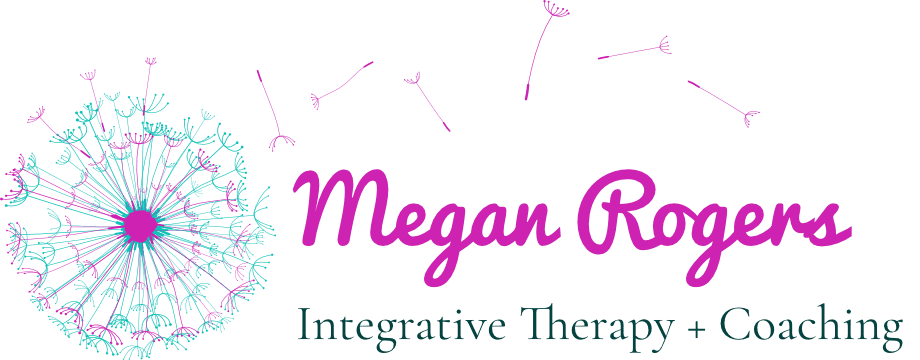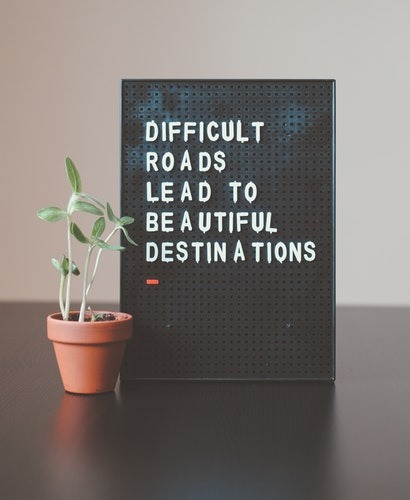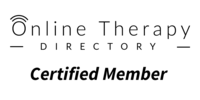There’s often quite a bit of confusion about coaching (life coaching, usually) and psychotherapy.
Depending on who you ask, you might be told that they are completely different: therapists work with the past, work long-term, focus on the subconscious, give advice and direction, while coaches are focused on the future, work on a shorter-term basis and with the conscious mind, and let their clients find their own answers and direction.
To me, anyone who tells you this isn’t quite clear on the purpose of either one (and I might steer clear, myself).
In my mind and in my work, there’s quite a bit of overlap between the two, regardless of whether we’re talking about therapy and life, health, or sobriety coaching.
And anyone who’s worked with me on either side would probably tell you that I tend to do a bit of both, as appropriate. So here’s the breakdown for the way that I differentiate the two and how to figure out which might be right for you.
.
Therapy with me is a great fit if:
- You have significant anxiety or depression that is impacting your ability to function (work, live, brush your teeth!), maintain relationships, feel good (or at least decent) about yourself, or manage stress.
- You want to deep dive into/resolve past stuff that you feel is getting in the way today.
Health or sobriety coaching with me is a great fit if:
- You’ve worked with a therapist in the past to address the above stuff.
- You’re currently working with a therapist to address the above stuff, but you want some targeted resourcing and accountability specifically around your drinking or lifestyle choices.
- You want access to someone (i.e., me) between your actual sessions.
Where they overlap:
- I help you get clear on your vision, desires, and dream bigger than you might have thought possible.
- Either can be short- or long-term depending on your goals.
- You come up with the goals, and I guide you as you figure out how to achieve them (you, not me!)
- I help you access the wisdom and intuition already inside of you, and help you remove whatever is getting in the way of hearing it, whether it’s mental health issues, limiting beliefs, or straight up poison (i.e., alcohol).
- You must be ready to do the work, not only in our sessions together, but in all the hours in between. (Yes, there is often homework!)
- You’re willing to look at things that might be contributing to your depression, anxiety, or drinking-too-much. And you’re on board to try tools and techniques to change them (i.e., sleep, diet, movement).
Real talk: you have many, so many, choices when it comes to finding a therapist or sobriety coaching.
I hope this helps you if you’ve been wondering which path might be right for you. The cool thing about me (I think, anyway) is that I can do both depending on what’s going on for you. Throw a little nutritional counseling and mindfulness instruction in the mix, and I think I’m a dang good bargain. Wink, wink.


